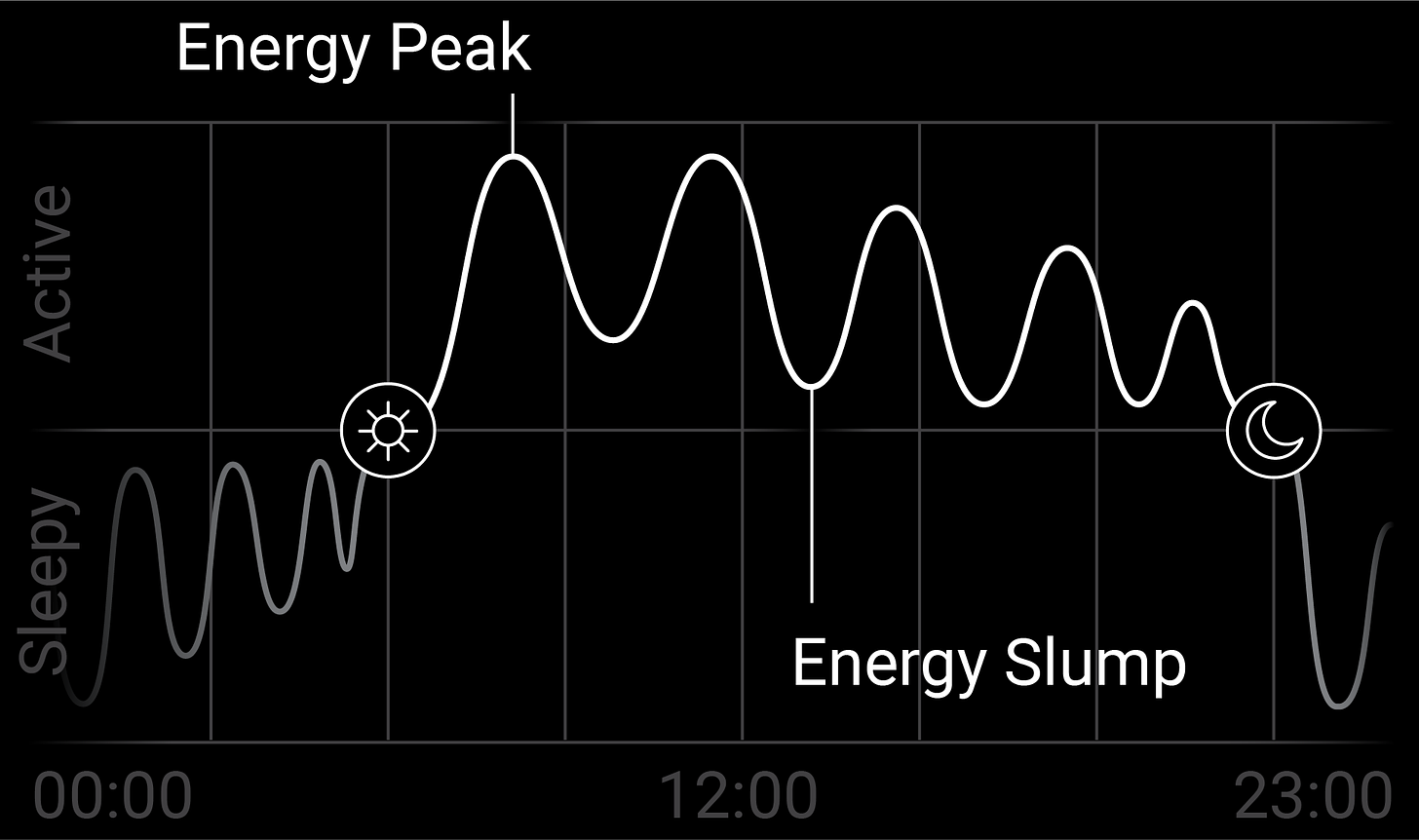The 90-Minute Study Cycle: Using Ultradian Rhythms to Make the Most of Your Brainpower
Many students believe that working longer hours will lead to better grades and meeting deadlines. However, science paints a different picture. How you arrange your study time, rather than how much you study, is what determines how well you study.
Welcome to the world of ultradian rhythms and the potent 90-minute study cycle, a practical, brain-friendly approach to learning more in less time.
What are ultradian rhythms?
The 24-hour body clock that controls our sleep and wake patterns is called circadian rhythms, which you may have heard of. However, our bodies also adhere to shorter cycles known as ultradian rhythms that occur every 90–120 minutes within each day.
Your brain goes through a peak of intense concentration and energy during each cycle, followed by a dip or decrease in alertness. You can significantly increase your ability to absorb and retain information by tapping into these natural highs and lows.
The Reason the 90-Minute Cycle Functions
The Science Behind It:
The research of sleep specialist Dr. Nathaniel Kleitman revealed that our minds function optimally in 90-minute intervals of high concentration, punctuated by brief pauses. This is consistent with our normal energy flow and keeps us from getting cognitively tired.
The Advantages:
More concentration throughout study sessions
Improved long-term material retention
less mental fatigue
Less procrastination and increased drive
Using the 90-Minute Study Cycle
You may use this method to plan your day in a straightforward manner:
Step 1: Establish a 90-Minute Focus Block
Use this time to concentrate on just one activity, such as reading, problem-solving, writing, or editing. Get rid of anything that might take your attention away. To remain focused, utilize tools such as pomodoro timers or applications like Forest.
Step 2.Take a 20-minute break, as instructed in .
Take a real vacation when the cycle is over. Move away from your desk. To recharge your brain, take a walk, stretch, nap, or do something soothing. Stay away from social media and multitasking during this break.
3. Retake the course
With breaks in between, you may complete 3–4 sessions of 90 minutes each day, concentrating on what you're learning to get the most out of it.
A Daily Study Plan Using 90-Minute Cycles
Time Activity
8:00 AM to 9:30 AM: Concentrated learning (such as mathematics)
Break from 9:30 AM to 9:50 AM (walk, stretch, snack)
Concentrated reading, for instance, from 10:00 to 11:30 AM
11:30 AM - 11:50 AM: Pause for music or meditation
Focused learning (such as writing) from 12:00 PM to 1:30 PM
1:30 PM onwards: Lunch, relaxation, review, and a little bit of study
Every session is more productive than marathon cramming because this kind of schedule mimics the way your brain naturally performs.
Advice on How to Make the Most of the 90-Minute Study Cycle
Use LoFi music or Ambient Sounds.
Keeps the mood peaceful and focused.
Don't Use Alerts
In order to maintain a deep focus, minimize distractions during each session.
Set specific objectives.
In each 90-minute block, determine what you want to achieve.
Take Breaks Mindfully
Make the most of your break by taking a break to meditate, breathe, or just relax.
Track Your Energy Levels
Make a note of the moment at which you are at your most attentive and plan your most difficult activities around that time.
Genuine Outcomes from Genuine Students
Students who switch to the 90-minute cycle frequently say:
Reduced mental exhaustion
Higher density throughout the revision
Better marks and test results Healthier and more fun learning schedules
In conclusion, use your mind while studying, not against it.
The 90Minute Study Cycle is a scientifically supported strategy for maximizing mental performance, not a fashion. This method enables you to harness the natural ebbs and flows of your brain's energy and attention rather than forcing protracted, tiring study marathons.
Keep in mind the following the next time you settle down to study: Work smarter, rest better, and allow your brain to guide you.
Try the 90-minute cycle right now to see how it may transform your learning habits. It's a more intelligent and effective approach to learning.


Post a Comment
0Comments